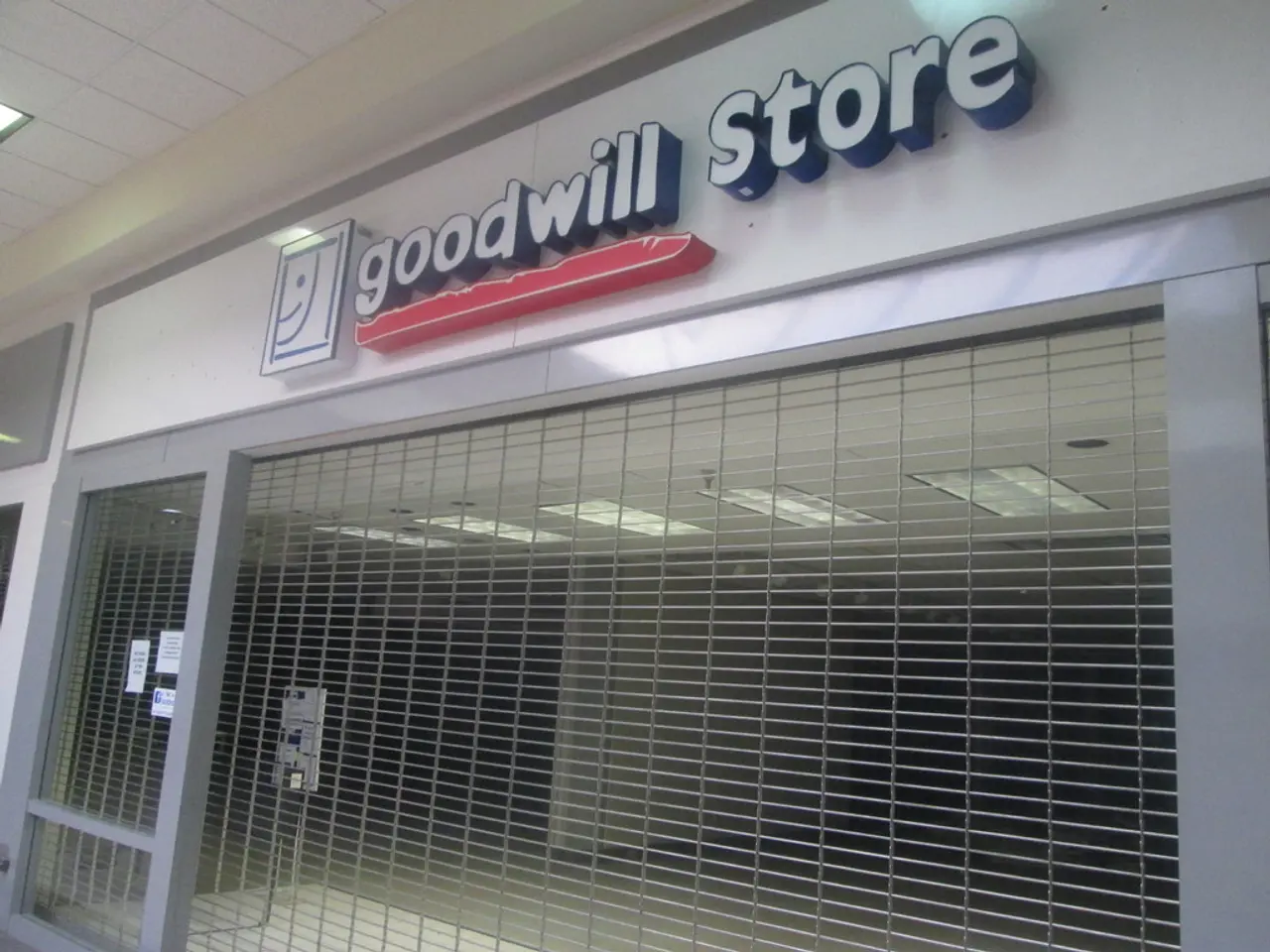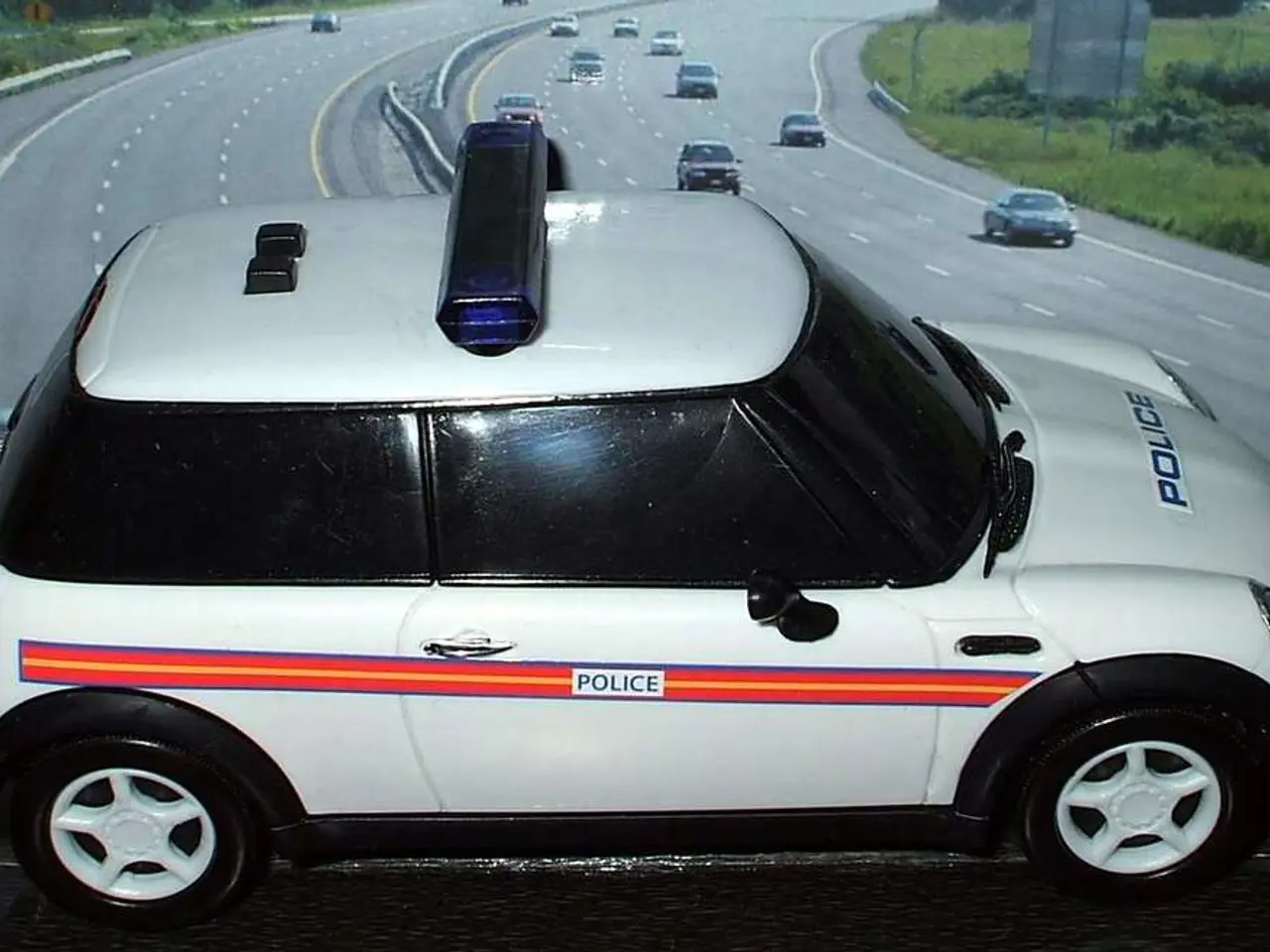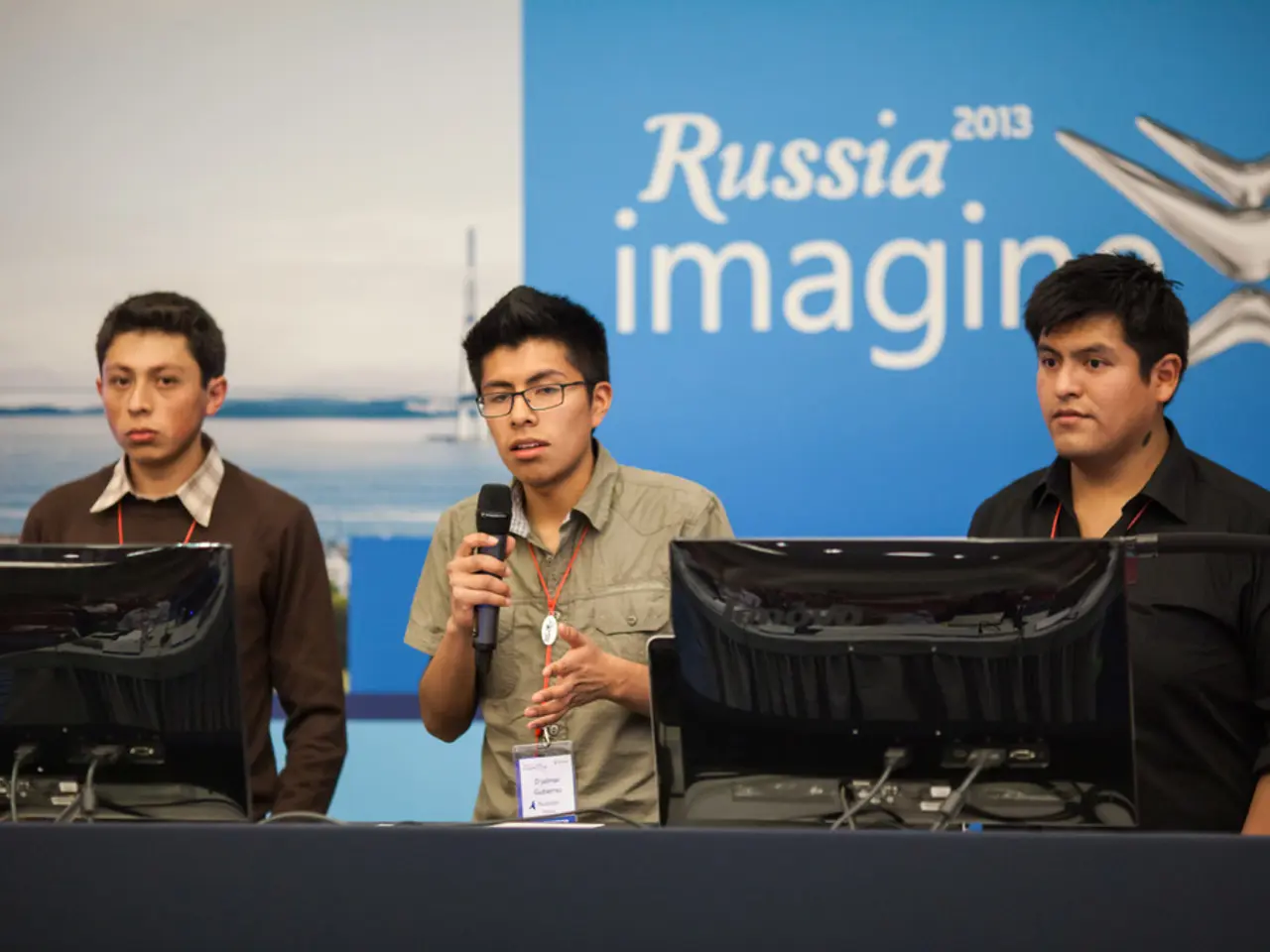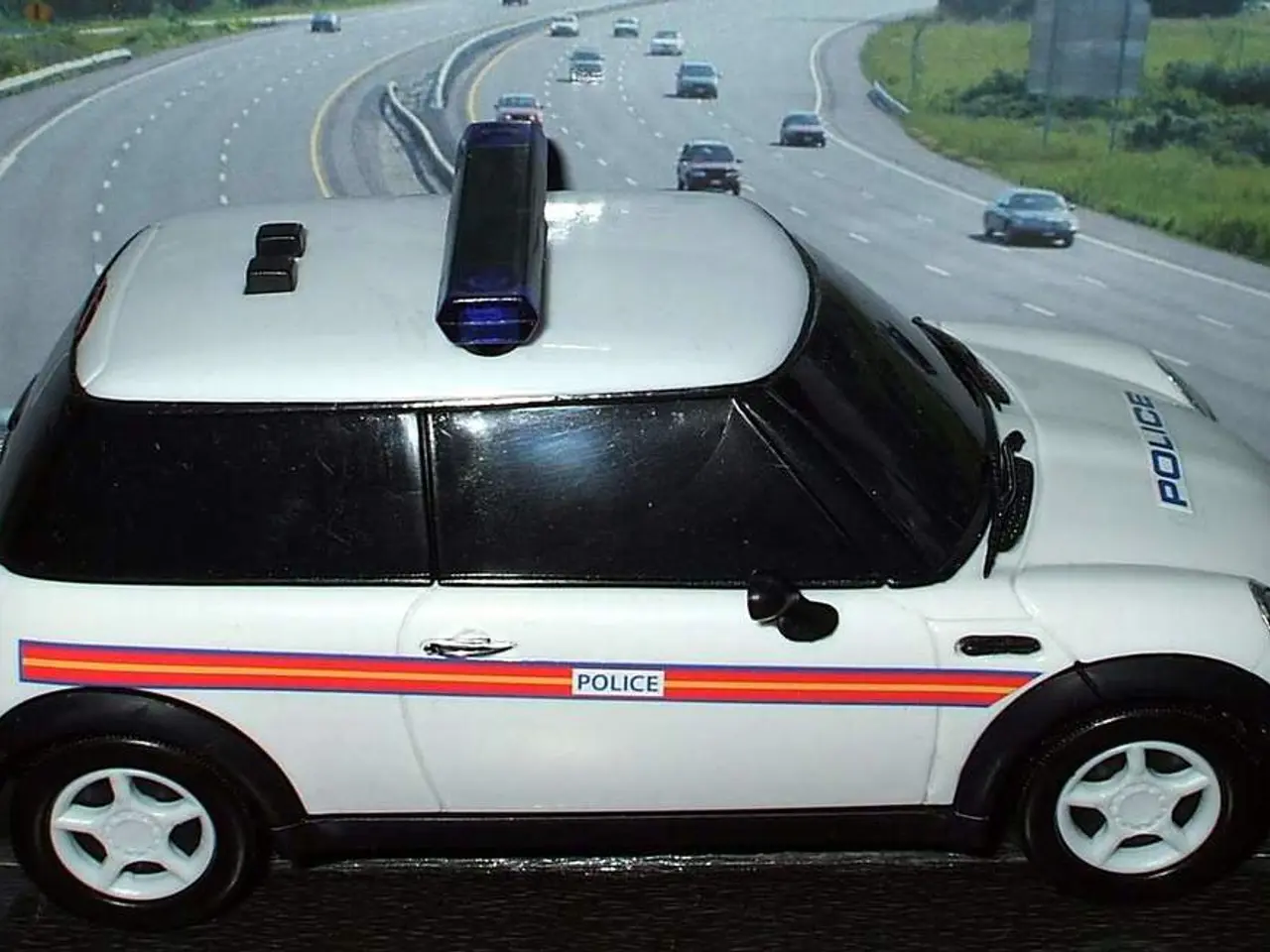Disputes Arise Between Mr. Woidke and the Polish Ambassador Over Border Regulations
The border controls between Germany and Poland have been in effect since July 2022, with an extension until early October 2025, in response to increased irregular migration. These measures, which include passport and vehicle checks at numerous crossing points, follow Germany's lead in intensifying controls at the border.
Poland has deployed hundreds of police and soldiers to secure the border, a move that serves both Polish and broader EU interests. The German Chancellor, Friedrich Merz, has prioritised tightening migration controls, influencing the border management and cooperation between the two countries.
The reintroduction of border controls has impacted the daily lives of residents around the border, particularly in cities like Frankfurt (Oder) and Słubice near the Berlin-Küstrin corridor. The controls challenge the Schengen principle of free movement but are justified under EU rules permitting border measures when internal security or public order is threatened.
Meanwhile, Poland has invested heavily in securing its border with Belarus, where irregular migration is being supported by Russia. Infrastructure, particularly in the Berlin-Küstrin route's expansion, is seen by both countries as a major obstacle to closer cooperation.
As for infrastructure improvements on the Berlin-Küstrin route, no concrete plans or proposals have been identified. However, given the heightened border controls and increased security presence, it is plausible that infrastructure adaptations—such as reinforced border checkpoints, surveillance systems, or customs facilities—have been strengthened or expanded recently to support these policies.
In a separate development, the EU Commissioner for Transport, Apostolos Tzitzikostas, plans to invest 17 billion euros in European infrastructure, with a military focus in case of a potential military confrontation with Russia. The details of this investment and its impact on the Berlin-Küstrin route are yet to be seen.
Brandenburg's Minister President, Dietmar Woidke, believes that the border controls have been effective in curbing irregular migration. He is considering short-term solutions for the border controls if they are not lifted in the near future, including joint controls with Polish border guards and a "permit solution" like during the Corona pandemic. Woidke is open to using EU funds for infrastructure improvements in the border region.
Poland's Ambassador Jan Tombiński, on his first visit to Brandenburg since August 2024, acknowledges the need for infrastructure expansion due to both economic and security reasons. However, the financial architecture was not a topic of discussion during his visit.
Both Germany and Poland are in agreement regarding the control of illegal migration. The border controls remain a key focus for both countries as they work to address the ongoing issue of irregular migration.
[1] BBC News [2] Deutsche Welle [3] Politico [4] The Guardian [5] Reuters
- The border controls between Germany and Poland, a response to increased irregular migration, have led to increased police and military presence along the border, following Germany's lead in intensifying controls (politics, migration, war-and-conflicts, policy-and-legislation).
- Meanwhile, the border control measures are impacting the daily lives of residents around the border, with infrastructure adaptations such as reinforced border checkpoints, surveillance systems, or customs facilities being strengthened or expanded (general-news, crime-and-justice, infrastructure).
- In a separate development, the EU Commissioner for Transport plans to invest 17 billion euros in European infrastructure, with a military focus in case of a potential military confrontation with Russia, raising questions about its impact on the Berlin-Küstrin route (politics, policy-and-legislation, crime-and-justice, general-news).





